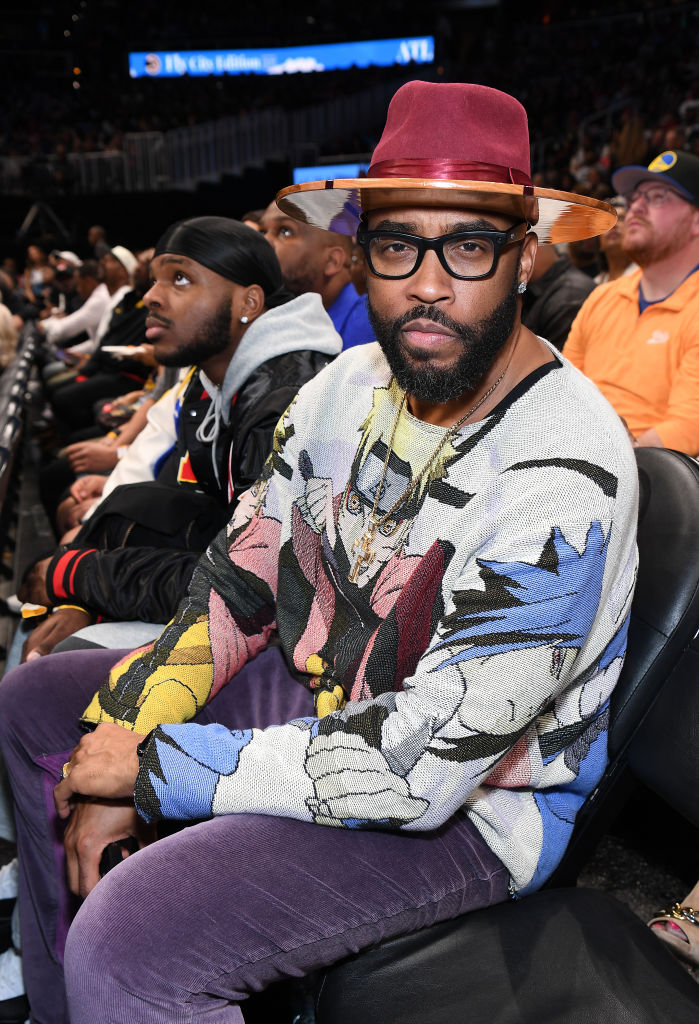Montell Jordan Reveals Return Of Prostate Cancer

Montell Jordan is sharing a recent health diagnosis. During an episode of the Today show, the singer revealed that his prostate cancer has returned after nine months of follow-up screenings. “I always imagined I would be telling my prostate cancer story from the other side of prostate cancer because I had a radical prostatectomy surgery. My prostate was removed. There were clear margins,” Jordan, 56, tells TODAY.com. “Close to a year post-prostatectomy, I still need to go back and have additional treatments because it’s (been) detected that there is still cancer.”
Jordan was first diagnosed with Stage One prostate cancer in 2024. Jordan is set to undergo proton radiation therapy five days a week for seven weeks and will take hormone blockers to suppress testosterone, which can fuel the growth of prostate cancer. Despite the setback, the artist says he’s optimistic about the future because early detection allows him to have the choice to treat his cancer.
Being diagnosed with prostate cancer was “alarming,” yet Jordan felt hopeful that doctors found it early.
“Hearing that it was early on, that it was first stage for me … which is treatable, that was probably the saving grace,” Jordan says.
He felt called to share his story, which he’s doing in a documentary called “Sustain,” premiering next year. He also partnered with the nonprofit ZERO Prostate Cancer to raise awareness of the importance of regular prostate cancer screening for Black men.
“Early detection is the thing that allows me to have a choice to treat (my cancer) and live and to continue giving myself the best quality of life possible,” he says.
“I’ve already had a fantastic quality of life even following my prostate removal, and so I believe that even after this next treatment that I have to do, it will eradicate the cancer from my body and still have a great quality of life moving forward.”
The American Cancer Society urges men to speak with their doctors about their prostate cancer risk and screening. And the organization notes that African American men and men with a first-degree relative diagnosed with prostate cancer need to start screening at younger ages, anywhere from 40 to 45.
Jordan knows there’s a stigma surrounding prostate cancer, which keeps some men from talking about it and undergoing screening. That’s why he wants to share his story.
“If you’re talking about prostate cancer that deals with manhood … that is definitely a reason why men don’t talk about it,” he says. “Another reason why I am talking about it (is) because when I got diagnosed, I didn’t have anybody to give me a template of what to expect.”
At times, it is tough for Jordon to be vulnerable while filming his experience for the documentary “Sustain.” Yet, he wants to show others what his cancer experience is like, so they know what to expect if it happens to them or someone they love.
“I’m trying to give a template for people that get diagnosed with this to, one, know they have options available to them,” Jordan says. “And, two, in the mix of what that looks like, it’s OK to cry. It’s OK to shake your fist at God. It’s OK to navigate and do what you need to do, but doing nothing is not an option.”
Faith in God and the support of his wife and family have helped Jordan grapple with having cancer.






